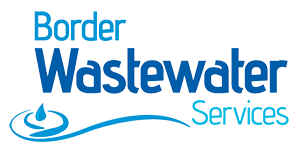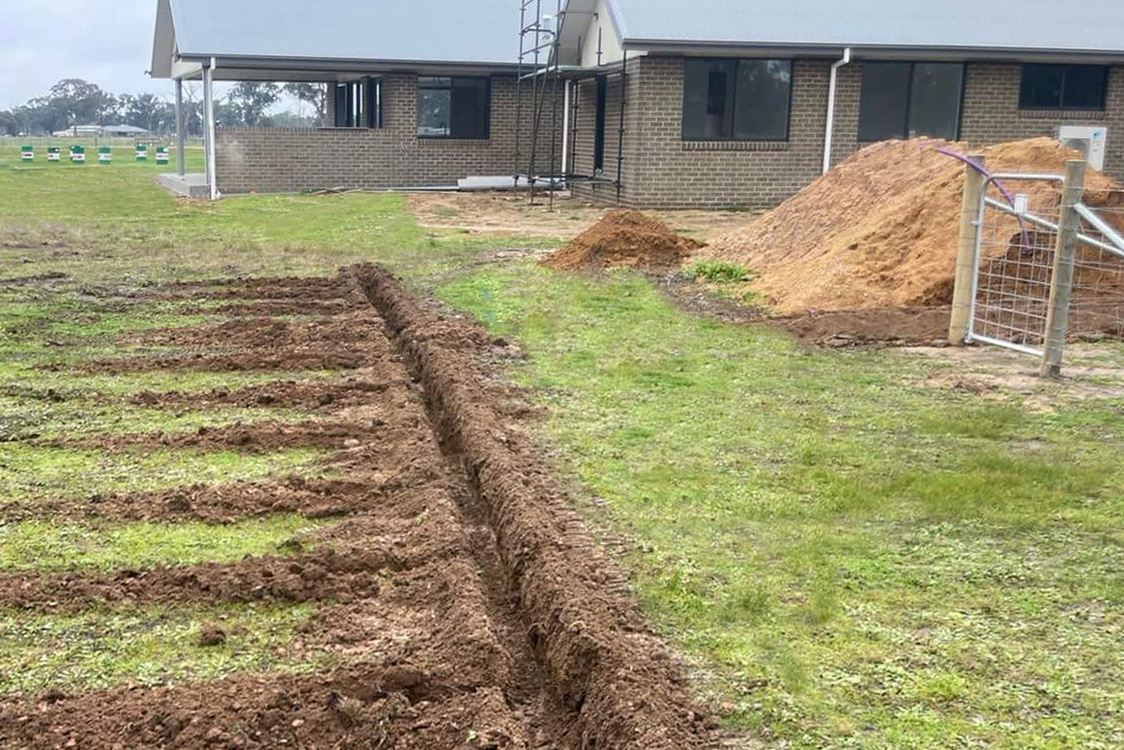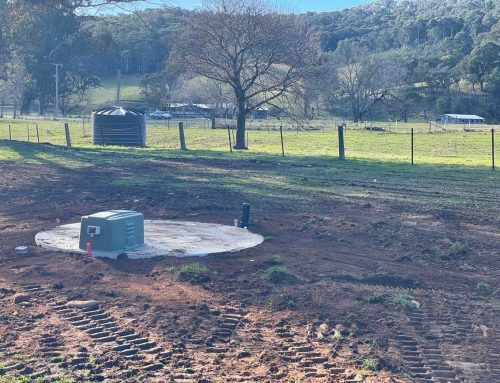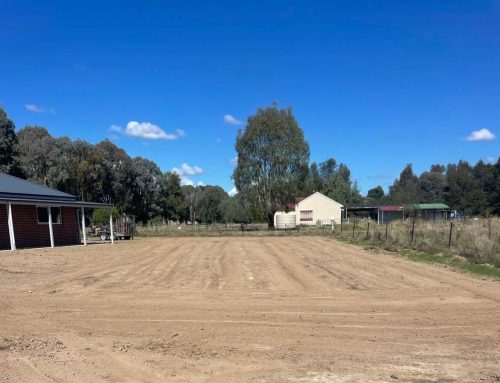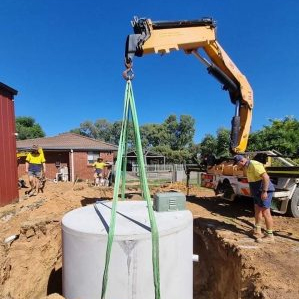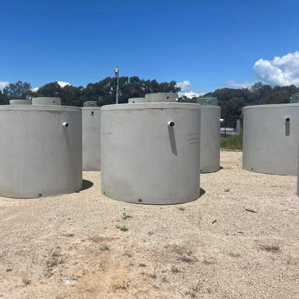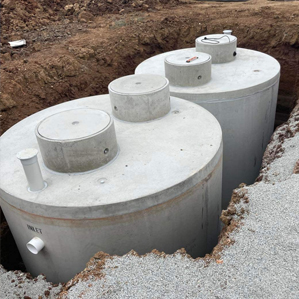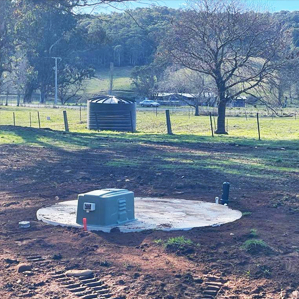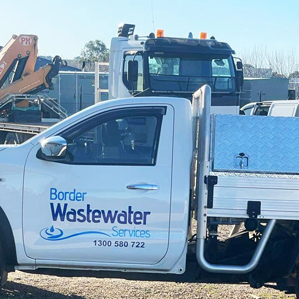Subsurface irrigation has emerged as a game-changer for efficient and water-wise agricultural practices in rural Victoria. As the demands on water resources increase and the need for sustainable farming solutions grows, subsurface irrigation stands out as a viable and advantageous option. In this article, we’ll delve into the benefits of subsurface irrigation specifically tailored to the unique context of rural Victoria.
1. Preservation of Water Resources:
Subsurface irrigation minimises water wastage by delivering water directly to plant roots, reducing evaporation and runoff. In a region like rural Victoria, where water availability can be unpredictable, preserving every drop becomes crucial for agricultural sustainability.
2. Enhanced Water Use Efficiency:
By targeting the root zone, subsurface irrigation ensures that plants receive water precisely where they need it. This leads to improved water use efficiency, allowing crops to thrive even during dry spells or drought conditions.
3. Reduced Weed Growth:
Traditional surface irrigation can encourage weed growth due to water splashing on exposed soil surfaces. Subsurface irrigation significantly reduces weed germination by keeping the soil surface dry, resulting in less competition for nutrients and water.
4. Minimised Disease Spread:
Overhead irrigation can inadvertently spread diseases by splashing contaminated water onto plant foliage. Subsurface irrigation mitigates this risk by delivering water directly to the root zone, minimising contact with leaves and stems.
5. Mitigated Soil Erosion:
Rural Victoria’s diverse landscapes often face soil erosion challenges. Subsurface irrigation reduces the impact of water on the soil surface, helping to prevent erosion and maintain soil structure.
6. Energy Savings:
The efficiency of subsurface irrigation reduces the need for pumping and pressurised water systems, resulting in energy savings for farmers. This is particularly significant for rural areas striving for sustainability and cost-effectiveness.
7. Flexible Installation:
Subsurface irrigation systems can be tailored to fit a variety of crop types and terrains, making them suitable for the diverse agricultural practices found in rural Victoria.
8. Minimised Salinity and Nutrient Leaching:
Subsurface irrigation’s controlled water application prevents excessive leaching of nutrients and salts from the soil. In regions where salinity can be a concern, this advantage contributes to improved soil health and fertility.
9. Improved Crop Quality and Yield:
Consistent and targeted water delivery results in healthier plant growth and improved crop quality. Rural Victorian farmers can enjoy increased yields while maintaining product quality.
10. Environmental Stewardship:
Subsurface irrigation aligns with the broader goals of environmental conservation and responsible land use. It showcases a commitment to sustainable agricultural practices that benefit both the farming community and the natural ecosystem.
Conclusion: Subsurface irrigation is a transformative solution for agriculture in rural Victoria, addressing water scarcity, efficiency, and sustainability challenges. With its capacity to preserve water resources, enhance crop quality, and reduce environmental impact, subsurface irrigation stands as an investment in the future of rural farming, supporting both economic prosperity and responsible land management.
